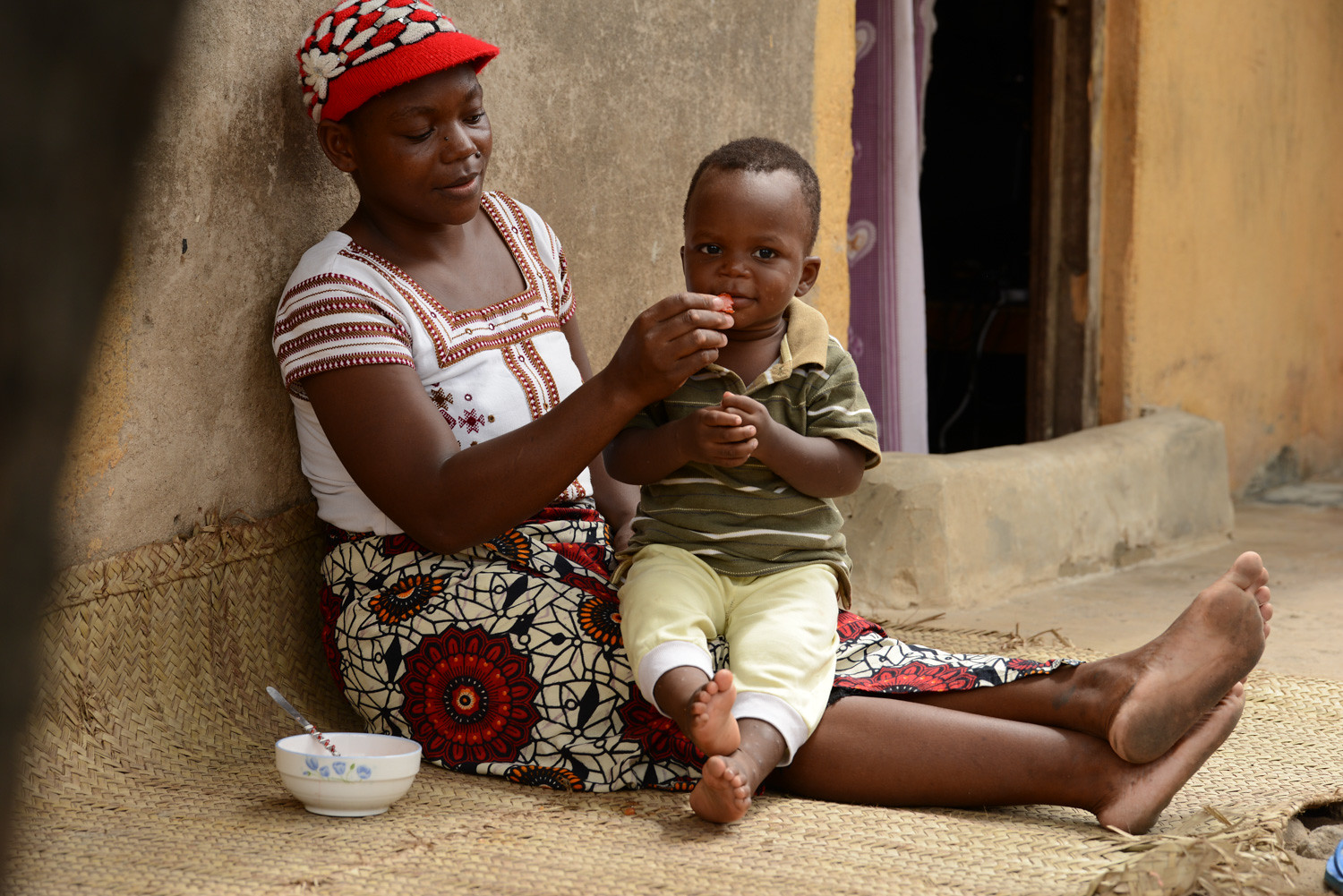
Introduction
Every day, our behaviours and decisions are influenced by factors within ourselves, our households and communities, and society. What time we wake up in the morning, how we spend our leisure time, how much we exercise daily, where and how we access information, and what we consume are just some of the examples how our behaviours form a regular part of our lives.
Our individual knowledge and beliefs, as well as influences from friends, family, community, health experts and others, also affect how we nourish infants and young children. Early life nutrition plays a vital role in child health and development. Using existing knowledge, community influence or information provided by healthcare providers, many parents consider how they will feed their child, even before birth. They continue to make crucial IYCF decisions during the first two years of the infant’s life and beyond.
Unfortunately, many infants and children do not receive adequate nutrition early in life. Many factors contribute to infant and child malnutrition globally. Limited or incorrect knowledge of recommended IYCF behaviours often results in poor feeding practices that can affect a child’s development.
IYCF-focused social behaviour change programmes provide an avenue for governments, health leaders and others to deliver important IYCF information to parents and caregivers to support, encourage and practice recommended behaviours. Programmes are designed to understand how and why caregivers make such feeding decisions. Then, using that information, initiatives are proposed to guide change at individual, interpersonal or community level.
Within the programmes, social behaviour change communications (SBCC) campaigns are used as promotional communication tools to spread messages that motivate and encourage people to act by changing specific behaviours, practices or attitudes. Campaign communication tools may include television, radio, internet resources, newspapers, magazines, billboards and other resources that are used to deliver information, data and messaging. They may also include community mobilisation activities that bring people together to raise awareness, build knowledge or change attitude.